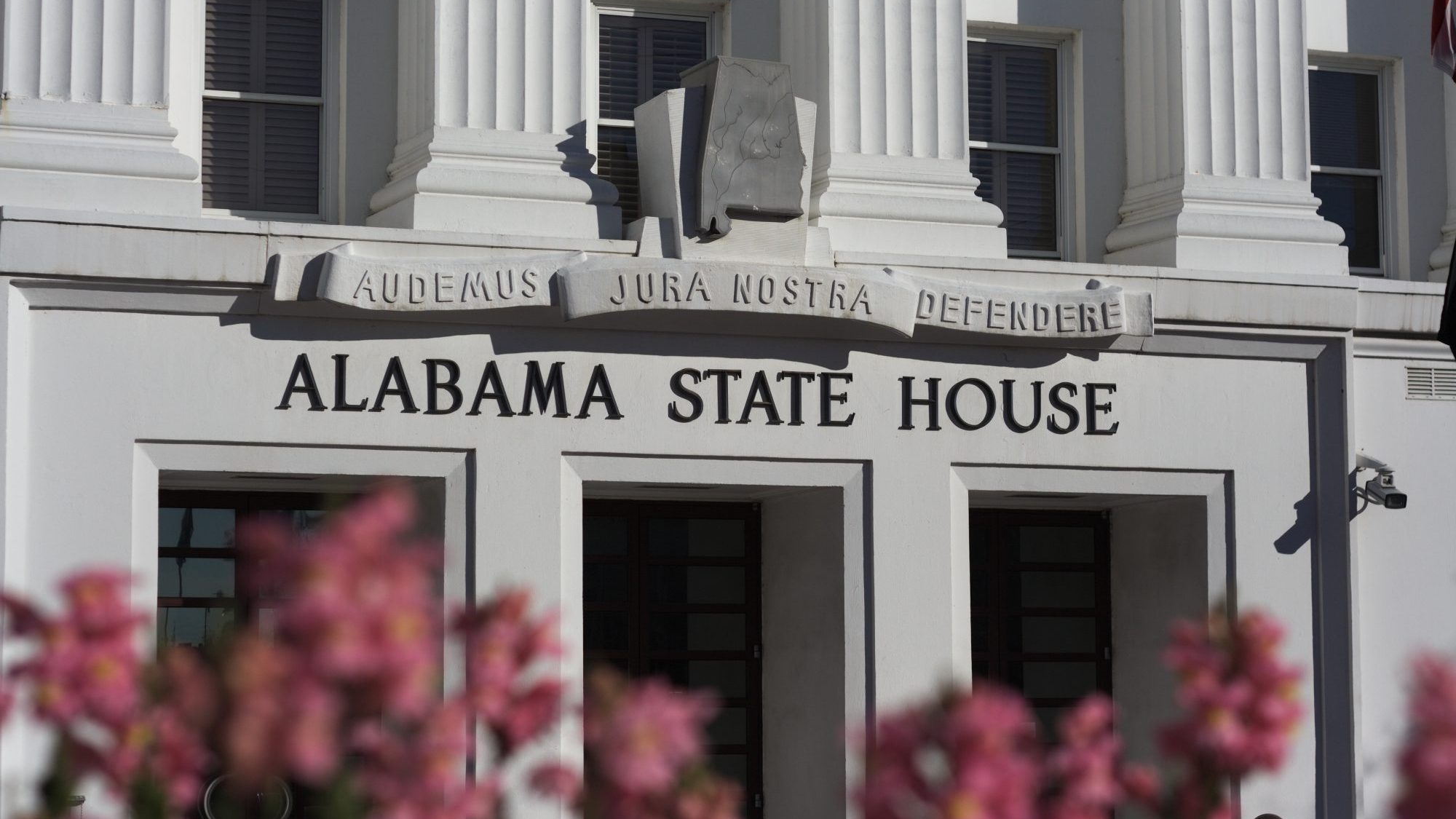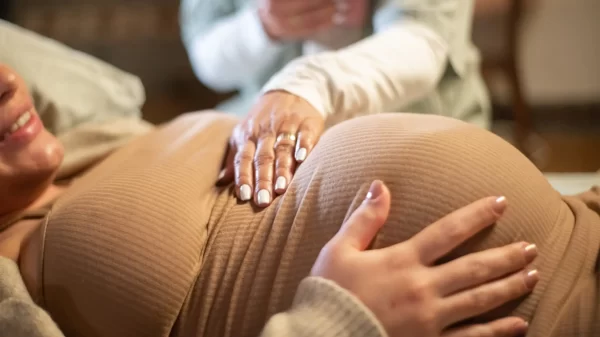By Brandon Moseley
Alabama Political Reporter
Alabama is currently fortieth in the nation in doctors per capita and this shortage is acutely felt in rural areas. An increasing number of Alabama women do not have convenient access to a hospital where babies are delivered. Between that and women who would prefer a more natural at home birth experience there is a growing demand for midwives in Alabama, unfortunately Alabama is one of the few states where midwives are actually illegal. The Alabama Birth Coalition seeks to change that. Recently they announces the filing of The Childbirth Freedom Act, House Bill 316. HB 316 is sponsored by Representative Ken Johnson (R-Moulton).
The President of The Alabama Birth Coalition Kaycee Cavender said in a statement, “Alabama is the only state in the US which has zero access to any out of hospital childbirth care providers. The Childbirth Freedom Act not only provides Alabama families with access to Certified Professional Midwives for safe out of hospital maternity care, it also provides the security of knowing that their care provider is regulated by the state, properly credentialed, and integrated into the broader health care system. None of this exists in the currently failing maternity care system in Alabama.”
Laura White, a mother of three, told The Alabama Political Reporter that she would like to have had the option of having an assisted natural home delivery for her second and third pregnancies; but was prevented from that by Alabama law, which has criminalized midwifery. A mother can choose to have the child at home; but it is illegal for a midwife to be there to provide assistance.
Rep. Ken Johnson has also sponsored HB315 which would end that.
HB316 will establish a State Board of Midwifery and provide for the regulation of Certified Professional Midwives (CPMs) licensed in Alabama.
Midwife advocates point to a study published in 2014 in the Journal of Midwifery and Women’s Health, “Outcomes of Care for 16,924 Planned Home Births in the United States: The Midwives Alliance of North America Statistics Project, 2004 to 2009” concluded low risk mothers experienced high rates of physiologic birth and lower rates of intervention without an increase in adverse outcomes.
Opponents of midwife legalization claim that there is a safety issue.
Mrs. White said that Alabama is 49th in infant mortality so questioned how well the present system is working. Additionally, the maternal mortality rate in Alabama is 11.6 out of 100,000 births. That is 33rd in the nation. Anything above 3.3 is considered unsatisfactory. White said that midwives make home visits prior to deliver and provide pre-natal counseling that many women in Alabama are currently not getting from our healthcare system. White said that midwives would provide counseling that Alabama’s 475 remaining obstetricians simply do not have time to do.
For over 13 years, the Alabama Birth Coalition has sought through grassroots efforts to update the midwifery laws in Alabama.
On Thursday, Health Committee Chairman April Weaver (R-Alabaster) introduced her own midwifery bill, HB344, which midwife proponents are not backing because it does not allow home births; but rather birthing clinics which Alabama does not have.
White said that for a normal health delivery, an at home delivery is much cheaper than a hospital delivery. With the state of Alabama currently paying for 52 percent of all births through the troubled Alabama Medicaid Agency transitioning to more at home births with midwifes, Mrs. White said that midwives provide a potential cost savings for the State.
Speaker Mac McCutcheon (R-Monrovia) told the crowd at Family Advocay Day that he supports the legalizing midwifery bill. “I appreciate Rep. Johnson for bringing this. We have fought this battle for years.”
Alabama’s 54 rural counties only have 17 hospitals that even deliver babies.
HB316 is awaiting action by the House Boards, Agencies and Commissions committee; while HB 315 is awaiting action by the House Judiciary Committee.




















































